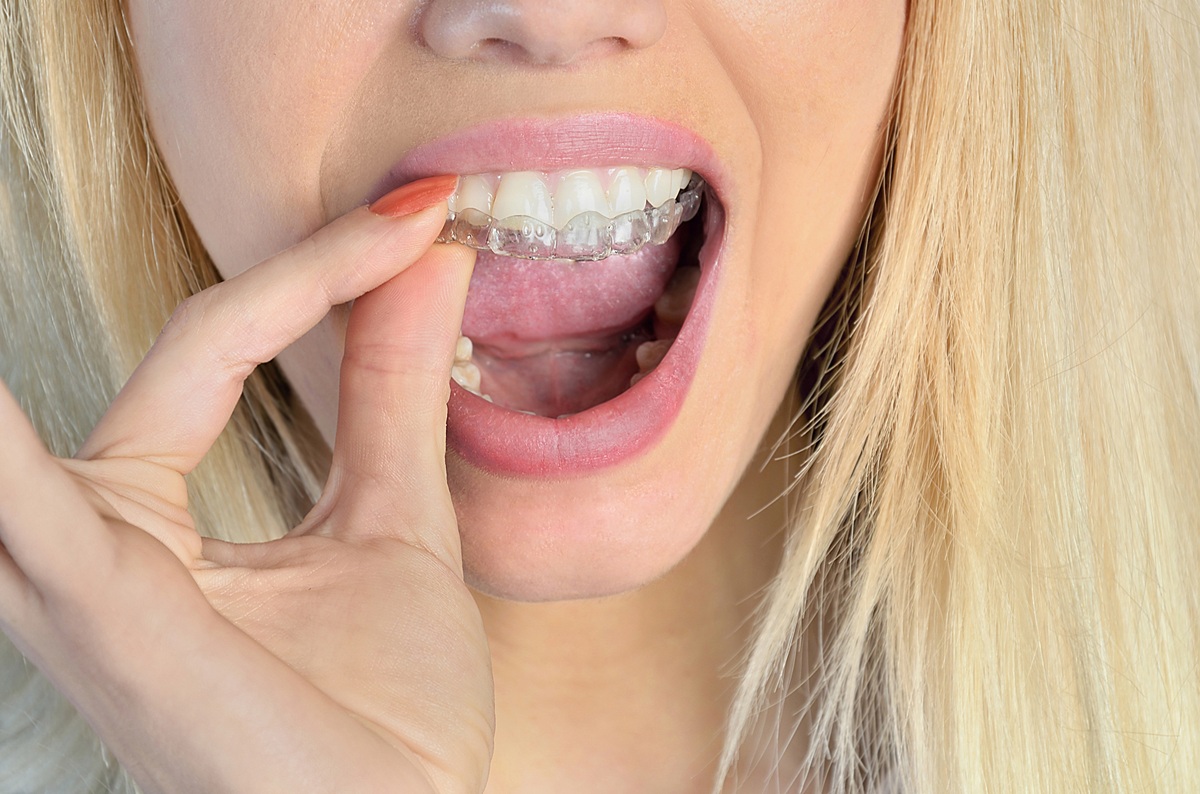Teeth grinding, also known as bruxism, is a common yet often overlooked dental issue that can have serious consequences for your oral health. Many people grind their teeth unconsciously, especially during sleep, which can lead to significant dental and health problems over time. Understanding the symptoms, causes, and available treatment options can help prevent long-term damage and improve your quality of life.
What is Bruxism?
Bruxism is the medical term for excessive teeth grinding or clenching. It can occur during the day (awake bruxism) or at night (sleep bruxism). While occasional grinding may not cause harm, chronic bruxism can lead to severe dental damage, jaw pain, and even headaches.
Types of Bruxism
- Awake Bruxism: Usually caused by stress, anxiety, or concentration. People may clench their teeth without realizing it.
- Sleep Bruxism: More severe as it occurs involuntarily during sleep, often linked to sleep disorders like apnea.
Symptoms of Teeth Grinding
Identifying bruxism early can help prevent serious complications. Some common symptoms include:
- Jaw Pain or Stiffness – Grinding places immense pressure on your jaw muscles, leading to pain and discomfort.
- Worn or Flattened Teeth – Chronic grinding wears down the enamel, making teeth more susceptible to cavities and fractures.
- Tooth Sensitivity – As enamel erodes, your teeth may become more sensitive to hot or cold foods.
- Headaches and Ear Pain – Constant clenching can strain the muscles, leading to frequent headaches and even earaches.
- Clicking or Popping Jaw – Bruxism may contribute to TMJ (temporomandibular joint) disorders, causing difficulty in jaw movement.
- Disturbed Sleep – People with sleep bruxism often experience disrupted sleep patterns or wake up with a sore jaw.
If you experience any of these symptoms, consult your dentist for an evaluation.

Causes of Teeth Grinding
Several factors contribute to bruxism, including:
1. Stress and Anxiety
High levels of stress or anxiety often trigger awake bruxism. Many people clench their teeth subconsciously when they are frustrated, angry, or under pressure.
2. Sleep Disorders
Bruxism is often linked to sleep apnea, a condition where breathing is interrupted during sleep. If you snore or feel fatigued even after a full night’s rest, you might have an underlying sleep disorder.
3. Misaligned Teeth (Malocclusion)
An improper bite or misalignment of teeth can contribute to grinding as the teeth do not fit together properly.
4. Lifestyle Habits
- Caffeine and Alcohol – Excessive consumption can increase muscle activity and worsen grinding.
- Smoking – Studies show that tobacco users are more prone to bruxism.
- Certain Medications – Some antidepressants and stimulants have been linked to bruxism as a side effect.
Effects of Untreated Bruxism
Ignoring teeth grinding can lead to serious consequences, including:
- Tooth Fractures – Continuous pressure can cause cracks, chips, or even tooth loss.
- Gum Recession – Grinding can weaken the gums, making teeth more vulnerable to decay.
- Chronic Jaw Pain (TMJ Disorder) – Persistent grinding may result in temporomandibular joint disorder, leading to jaw dysfunction.
- Sleep Disturbances – Those with bruxism often experience poor sleep, leading to fatigue and concentration issues.
Treatment Options for Teeth Grinding
The good news is that bruxism is treatable. Various strategies can help reduce symptoms and protect your teeth.
1. Custom Night Guards
One of the most effective solutions for sleep bruxism is wearing a custom-fitted night guard. These dental appliances act as a barrier, preventing direct contact between teeth and minimizing damage.
2. Stress Management
Since stress is a major cause of bruxism, relaxation techniques such as:
- Meditation
- Yoga
- Deep breathing exercises can help reduce grinding.
3. Correcting Bite Issues
For individuals with misaligned teeth, orthodontic treatments like Invisalign or braces may be necessary to fix malocclusion.
4. Lifestyle Changes
- Reduce caffeine and alcohol intake, especially before bedtime.
- Avoid chewing on non-food items like pens or fingernails.
- Try jaw exercises to relax the muscles and reduce tension.
5. Medication & Botox for Bruxism
- Muscle relaxants may be prescribed in severe cases.
- Botox injections can help relax the jaw muscles and reduce grinding.
Your dentist can determine the best treatment plan based on the severity of your condition.
When to See a Dentist
If you notice persistent jaw pain, worn-down teeth, or difficulty chewing, seek professional help. Early intervention can prevent long-term damage and improve your oral health.
For more information on protecting your teeth, check out:
- “The Importance of Regular Dental Checkups for Long-Term Oral Health”
- “Dental Crowns vs. Fillings: When Do You Need Each?”
Protect Your Smile: Take Action Today
Bruxism is a serious dental issue that requires attention before it leads to irreversible damage. Whether you need a custom night guard, stress management techniques, or dental correction, there are effective solutions available.
Don’t let teeth grinding impact your health—schedule a consultation with your dentist today!















